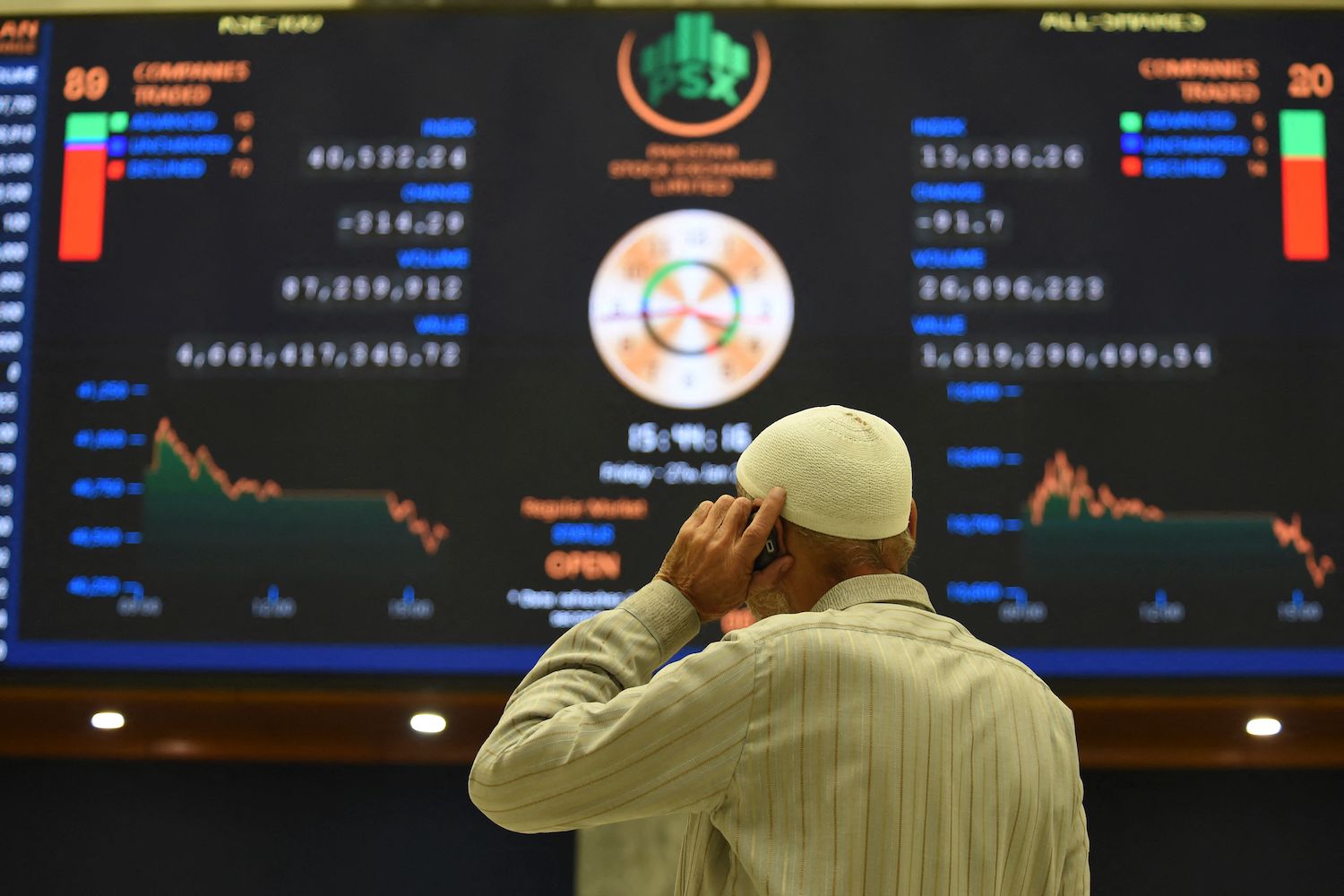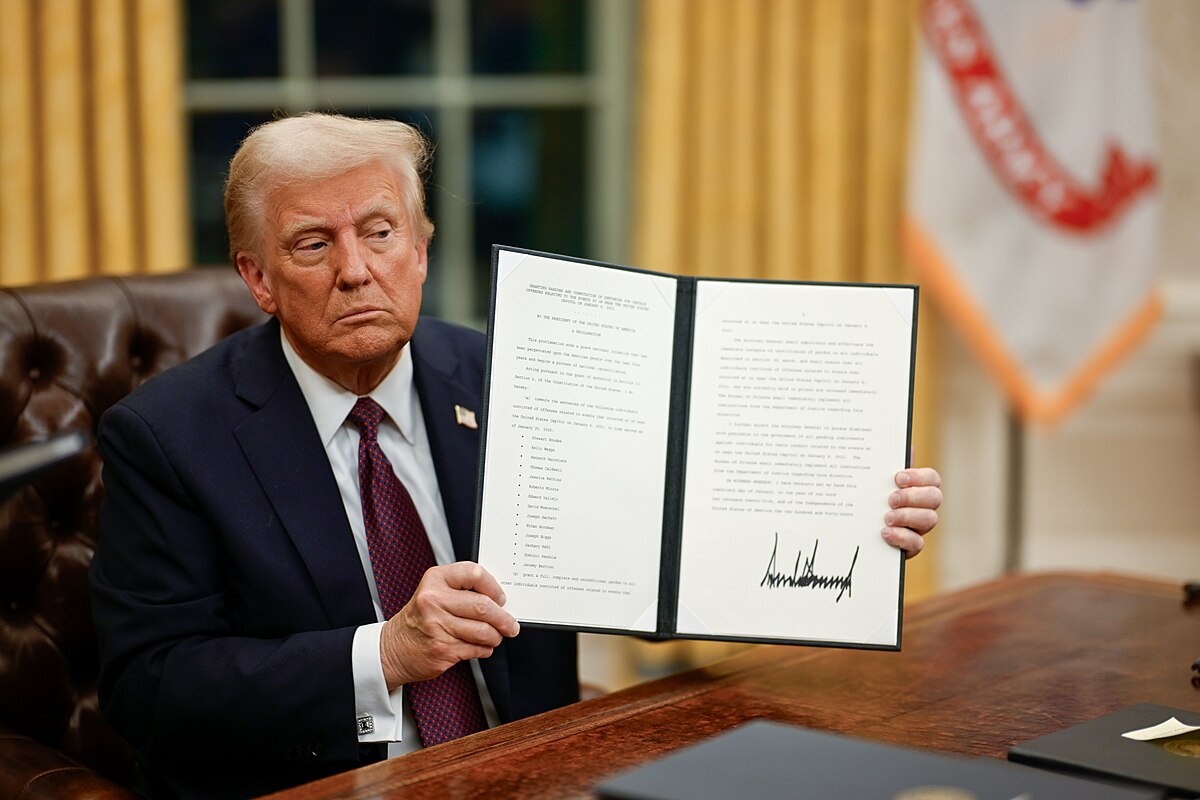India-Pakistan Tensions Cast Shadow On IMF's $1.3 Billion Loan To Pakistan

Table of Contents
Geopolitical Risks and the IMF Loan
Heightened India-Pakistan tensions significantly increase the risk assessment for the IMF. The Fund meticulously evaluates the political and economic stability of recipient nations before approving loans. Increased instability, fueled by the ongoing conflict, casts doubt on Pakistan's ability to effectively utilize the funds and meet the stringent conditions attached to the loan. This uncertainty creates a ripple effect, impacting various aspects of the Pakistani economy.
Potential disruptions stemming from the escalating tensions include:
- Reduced foreign investment: Investors are wary of committing capital to a nation facing geopolitical uncertainty, leading to a decline in much-needed foreign direct investment (FDI).
- Decreased trade: Political instability can disrupt trade routes and relations with neighboring countries, further hampering economic growth.
- Increased military spending: The diversion of resources towards defense leaves less for crucial social programs, healthcare, and education, exacerbating existing societal challenges.
- Potential for capital flight: Uncertainty prompts investors and citizens to move their assets abroad, depleting the country's reserves.
- Negative impact on investor confidence: The overall perception of risk increases, making it harder for Pakistan to attract both domestic and foreign investment.
These factors directly impact Pakistan's capacity to meet the IMF loan conditions and achieve regional stability. The precarious situation underscores the inextricable link between geopolitical risks and the Pakistan economy.
IMF's Conditions and Pakistan's Compliance
The IMF has imposed stringent conditions for the loan disbursement, demanding substantial fiscal reforms and structural adjustments. These include measures aimed at improving governance, enhancing tax collection, and reducing the fiscal deficit. However, implementing these reforms amidst the escalating India-Pakistan tensions presents significant challenges.
The current climate makes it difficult for Pakistan to:
- Implement economic reforms effectively due to the diversion of attention and resources to address security concerns.
- Overcome potential political resistance to austerity measures, as unpopular economic reforms could exacerbate existing social unrest.
- Maintain focus on economic stability while grappling with the security implications of the heightened tensions.
The ability of Pakistan to meet these IMF conditions is therefore directly linked to the de-escalation of India-Pakistan tensions. Failure to comply could lead to a suspension or cancellation of the loan, further deepening the economic crisis.
The Impact on the Pakistani Rupee and Inflation
The ongoing India-Pakistan tensions exert considerable pressure on the Pakistani Rupee. The uncertainty surrounding the IMF loan further weakens the currency, leading to a devaluation against major global currencies. This has significant implications for the cost of living within Pakistan.
The consequences include:
- Weakening of the Pakistani Rupee: The currency's devaluation makes imports more expensive, increasing the prices of essential goods.
- Increased import costs: Higher import costs fuel inflation, impacting the affordability of food, fuel, and other necessities.
- Escalation of inflation: Rising inflation erodes purchasing power, pushing a larger segment of the population into economic hardship.
This vicious cycle of currency devaluation and inflation exacerbates the economic challenges faced by Pakistan, underscoring the devastating impact of India-Pakistan tensions on the everyday lives of its citizens.
International Community's Response and Potential Solutions
The international community plays a crucial role in assisting Pakistan during this crisis. Various organizations and countries can contribute to mitigating the negative impacts of the India-Pakistan tensions.
Potential solutions and strategies include:
- Increased aid or debt restructuring from other nations or international organizations, offering much-needed financial relief.
- Prioritizing de-escalation between India and Pakistan through diplomatic efforts to foster regional cooperation and stability.
- Strengthening diplomatic channels to facilitate dialogue and conflict resolution, aiming for lasting peace to support economic recovery.
The resolution of the India-Pakistan conflict is paramount for ensuring the disbursement of the IMF loan and preventing a deeper economic crisis. Economic assistance, coupled with effective diplomatic solutions, is crucial in navigating this challenging period.
Conclusion: The Future of Pakistan's Economy Hinges on Resolving India-Pakistan Tensions
The escalating India-Pakistan tensions pose a significant threat to Pakistan's economic stability and its ability to secure the vital IMF loan. The implications extend far beyond the immediate financial crisis, impacting the lives of millions. The weakening Pakistani Rupee, rising inflation, and hampered economic growth underscore the urgency of addressing the geopolitical conflict. The international community must actively support diplomatic efforts towards de-escalation and conflict resolution. The future of Pakistan's economy hinges on resolving India-Pakistan relations and fostering regional stability. Stay informed about the evolving situation and the implications of India-Pakistan tensions and regional conflicts on Pakistan's economic future. The stability of the region, and the lives of millions, depend on it.

Featured Posts
-
 Totalitarianism Warning Lais Ve Day Speech Underscores Taiwans Security Concerns
May 10, 2025
Totalitarianism Warning Lais Ve Day Speech Underscores Taiwans Security Concerns
May 10, 2025 -
 Nigel Farages Reform More Than Just Complaints An Analysis
May 10, 2025
Nigel Farages Reform More Than Just Complaints An Analysis
May 10, 2025 -
 China Sends Top Security Official To Us Trade Talks Exclusive Details
May 10, 2025
China Sends Top Security Official To Us Trade Talks Exclusive Details
May 10, 2025 -
 Edmonton Oilers Force Overtime Win Against Los Angeles Kings Series Tied
May 10, 2025
Edmonton Oilers Force Overtime Win Against Los Angeles Kings Series Tied
May 10, 2025 -
 Trump Executive Orders Impact On Transgender Individuals
May 10, 2025
Trump Executive Orders Impact On Transgender Individuals
May 10, 2025
